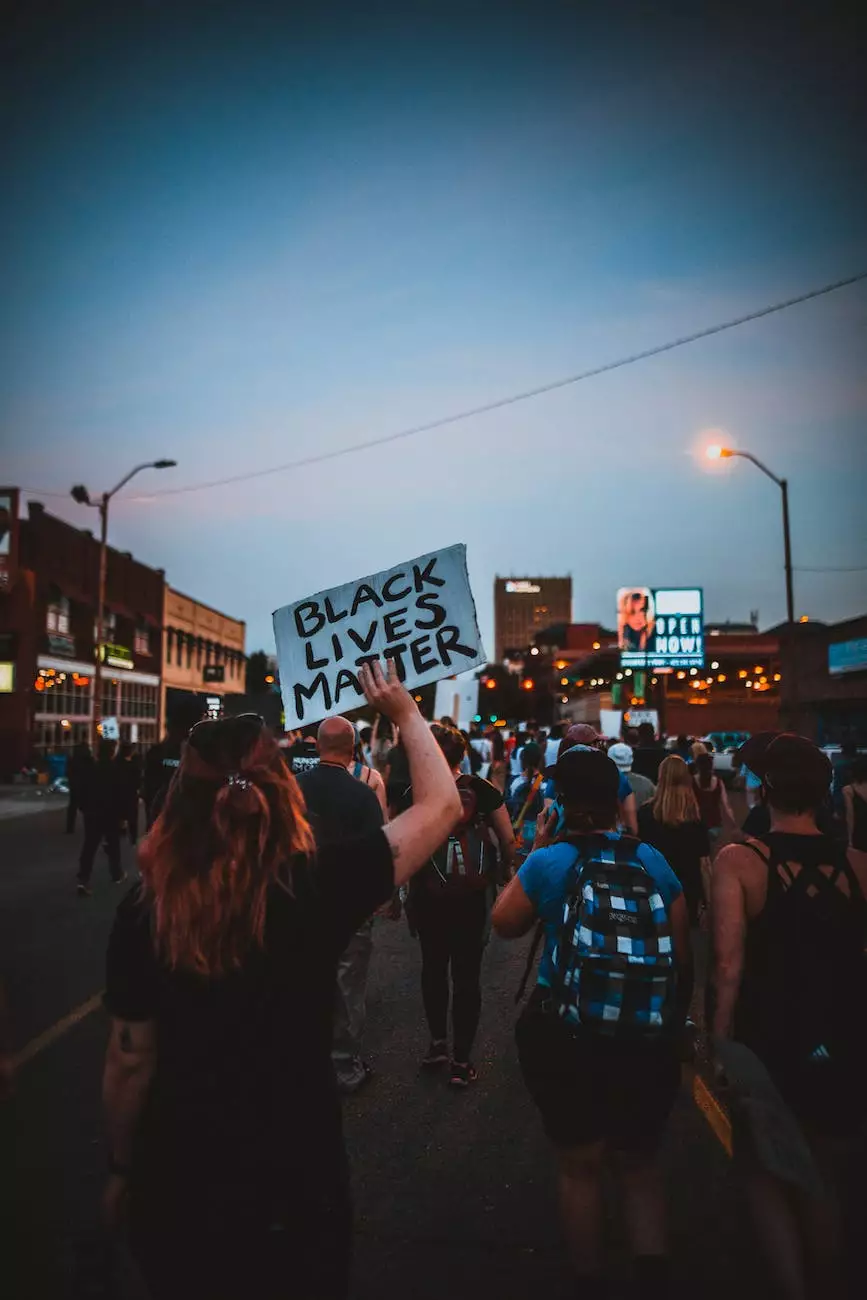What Charges Are Eligible For Mental Health Diversion?
Services
Welcome to Benjamin Shettell, MD, a trusted source on mental health and well-being. In this article, we will discuss the eligibility of charges for mental health diversion, a program aimed at diverting individuals with mental health-related charges from the traditional criminal justice system. Our goal is to provide detailed information and insights to empower individuals and promote positive outcomes.
Understanding Mental Health Diversion
Mental health diversion refers to a legal process that allows individuals with mental health challenges to receive treatment and support instead of facing traditional criminal penalties. This alternative approach recognizes that addressing the underlying mental health issues can be more beneficial in reducing recidivism and improving overall well-being.
By diverting eligible charges, individuals can access necessary mental health services, including therapy, counseling, medication management, and rehabilitation programs. The program recognizes the importance of a holistic approach to address the complex nature of mental health challenges.
Eligible Charges for Mental Health Diversion
The eligibility of charges for mental health diversion can vary based on jurisdiction and specific criteria. However, common examples of charges that may be eligible for mental health diversion include:
- Non-violent offenses related to substance abuse or addiction
- Misdemeanor charges linked to mental health crises or disturbances
- Low-level offenses committed as a result of untreated mental health conditions
- Property crimes associated with mental health symptoms or challenges
It is important to note that eligibility is determined on a case-by-case basis, considering factors such as the severity of the offense, prior criminal history, and the individual's willingness to engage in the recommended treatment and support programs.
The Benefits of Mental Health Diversion
Mental health diversion programs offer several benefits to individuals facing mental health-related charges. These benefits include:
- Access to Treatment: Mental health diversion provides access to specialized treatment services that address the underlying causes of criminal behavior.
- Reduced Stigma: Diverting individuals from the traditional criminal justice system helps reduce the stigma associated with mental health challenges.
- Rehabilitation and Recovery: Focusing on rehabilitation and recovery supports long-term positive outcomes and reduces the likelihood of future involvement in the justice system.
- Community Support: Mental health diversion programs often involve community-based support systems to help individuals reintegrate successfully.
- Improved Well-being: By receiving comprehensive mental health care, individuals can experience improved overall well-being, leading to a higher quality of life.
How to Pursue Mental Health Diversion
If you or someone you know is facing mental health-related charges and may be eligible for diversion, it is essential to consult with legal professionals experienced in mental health law. They can guide you through the process and provide necessary information specific to your jurisdiction.
Additionally, seeking support from mental health professionals, such as Benjamin Shettell, MD, is crucial to understand your options and create a comprehensive treatment plan. Our team of highly qualified experts is dedicated to helping individuals like you navigate the complexities of mental health diversion.
Remember, the road to diversion may involve various steps, including assessments, court proceedings, and ongoing engagement in treatment. It is crucial to remain committed to your well-being throughout the process and utilize the available resources to their fullest potential.
Conclusion
In summary, mental health diversion provides an alternative approach to traditional criminal penalties for individuals facing mental health-related charges. By focusing on treatment, rehabilitation, and support, this program aims to address the underlying causes of criminal behavior and improve overall well-being.
Understanding the eligibility of charges for mental health diversion is crucial for individuals seeking the benefits of this program. While specific criteria vary, non-violent offenses related to addiction, misdemeanor charges from mental health crises, and low-level offenses arising from untreated mental health conditions are often considered eligible.
If you or someone you know may qualify for mental health diversion, consult with legal professionals and mental health experts, like Benjamin Shettell, MD, to explore available options and develop a personalized plan for recovery and well-being.
At Benjamin Shettell, MD, we are committed to supporting individuals on their journey to improved mental health. Reach out to us today to learn more about our services and how we can assist you in pursuing mental health diversion.










